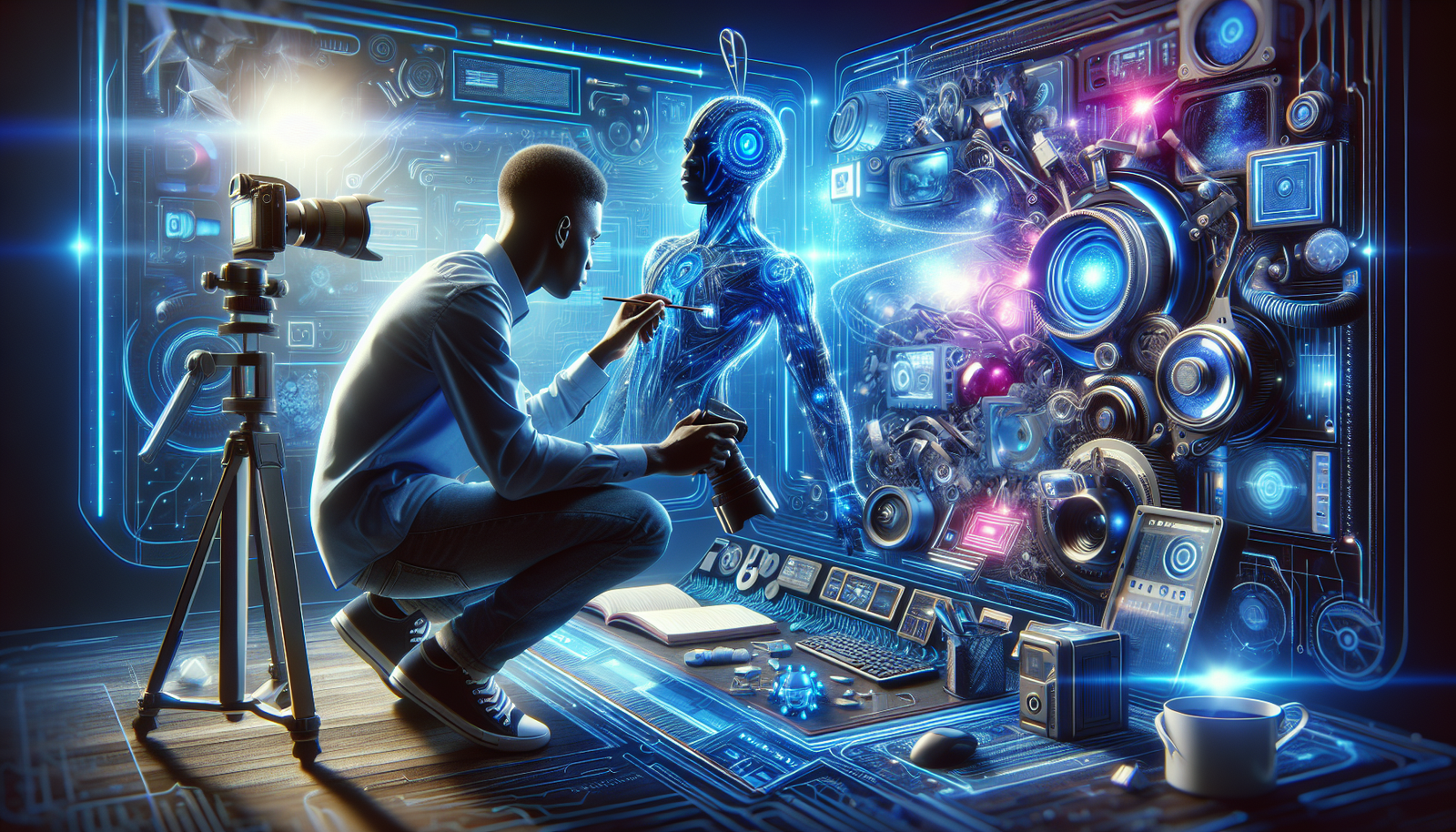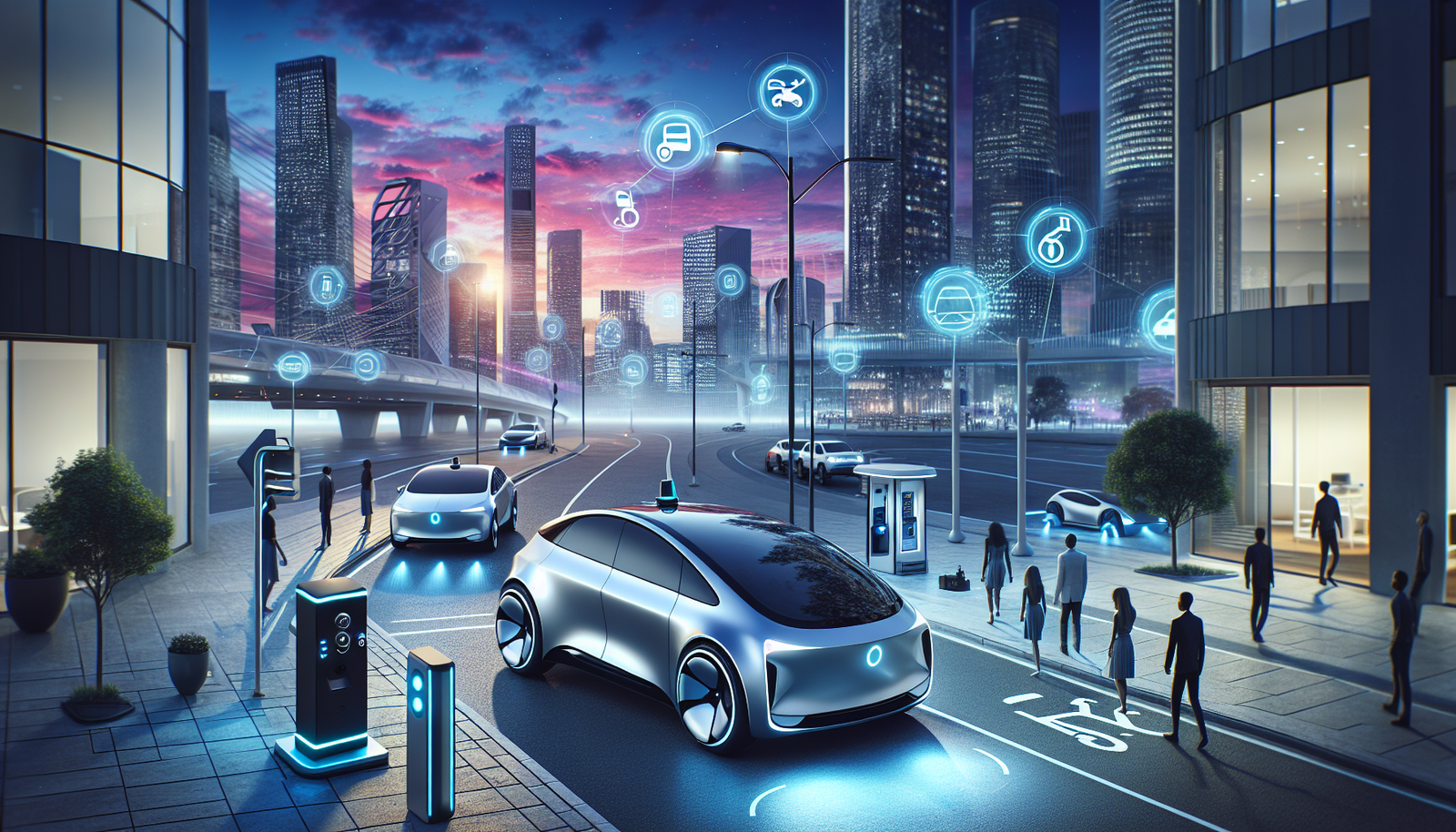Awakening curiosity about AI engages the mind in an unprecedented and thrilling odyssey. Deepening ethical issues proves essential in the use of this fascinating technology. Understanding societal implications allows us to envision a future shaped by artificial intelligence.
This journey invites exploration of the multiple dimensions of this phenomenon that redefines our existence. Each discovery opens an unavoidable reflection on the implications of AI in the human sphere. The introduction to this captivating subject becomes a necessity to grasp contemporary and future challenges.
The Origins of Artificial Intelligence
The foundations of Artificial Intelligence (AI) lie in algorithms dating back several millennia, to the time of Babylon. However, the actual emergence of AI only occurs in the 20th century, marked by major scientific discoveries.
Blaise Pascal’s arithmetic machine and the theories of cybernetics initiated in the 1950s are significant milestones. These advancements have enabled the construction of systems capable of learning and performing increasingly complex tasks.
The Advances of the 2010s
The true turning point occurs in the 2010s, thanks to the rise of deep learning. This technique, based on neural networks, allows systems like ChatGPT to generate text in a coherent and relevant manner.
The media at that time echo a growing fascination with these technological advances, oscillating between wonder and concern about these new capabilities. The representation of AI in popular culture exacerbates these reactions, amid hopes for improved daily life and fears of machine domination.
Philosophical and Ethical Questions
The discussion around AI is not limited to technical aspects. It raises essential ethical concerns, addressing issues such as machine creativity and the risk of job loss. The fear that machines may surpass human capabilities worries young minds, such as Naël, who questions the future of humanity in the face of superior intelligence.
The debate intensifies around the responsibilities of AI designers. The interactions between ethics and technological innovation become an unavoidable axis of reflection. Questions multiply: Do killer robots act on their own?, Can artistic creation be conceived by machines?
Diverse Applications of AI
The application fields of AI are vast and varied. In medicine, it optimizes diagnostics and treatments, revolutionizing healthcare. In the transportation sector, advances in autonomous vehicles change our relationship with driving and logistics.
Space exploration also benefits from AI advancements, facilitating interaction with extreme environments. Agriculture, on the other hand, sees the emergence of predictive systems that increase productivity while reducing environmental impact.
Recently Emerging Innovations
Recent advances in the field of AI are significant. For example, the Nobel Prizes in Physics and Chemistry in 2023 honor researchers who contributed to the understanding of intelligent systems. These distinctions highlight not only the importance of AI in the fundamental sciences but also its societal impact.
At the same time, institutions like Snowflake and Nvidia collaborate to optimize AI platforms, improving performance and integrating increasingly complex models. The strategies of Snowflake regarding AI perfectly illustrate this trend.
Concerns and the Future of AI
Concerns persist regarding the consequences of artificial intelligence on our daily lives. The rising use of AI in the judicial sector raises questions about the fairness of decisions. Issues of privacy and surveillance become clearer, calling for strict legislative oversight.
The gap between technological optimism and societal distrust widens. Initiatives like the creation of AI models to produce clean drinking water highlight how AI can address global challenges. Nevertheless, the path ahead remains fraught with obstacles.
Thus, the need for collective reflection on the direction AI is taking becomes essential. Questioning our relationship with these technologies, from our responsibilities to the impact that AI has on the environment and society, is crucial for shaping the future. The technological revolution is underway and requires an ethical consensus among its stakeholders.
Frequently Asked Questions About Discovering Artificial Intelligence
What is artificial intelligence and how does it work?
Artificial intelligence (AI) refers to the capacity of machines to simulate human cognitive tasks such as understanding language, solving problems, and making decisions. It primarily works through machine learning algorithms that analyze data and improve their performance over time.
What are the main types of artificial intelligence?
The main categories of AI include weak AI, which is designed for specific tasks like virtual assistants, and strong AI, which aims to replicate human intelligence in a general way, capable of reasoning and understanding various contexts.
How does artificial intelligence impact our daily lives?
AI already influences many aspects of our lives, notably through applications like recommendations on streaming platforms, voice assistants, and in sectors like healthcare, finance, and transportation.
What are the ethical issues related to artificial intelligence?
Ethical issues include privacy protection, surveillance, algorithmic bias, as well as consequences on employment and individuals’ autonomy in the face of decisions made by machines.
What role does machine learning play in artificial intelligence?
Machine learning is a subset of AI that enables systems to improve by learning from data. This includes techniques like neural networks, which mimic the human brain’s functioning to process and interpret complex information.
How can I start learning about artificial intelligence?
To begin learning AI, it is advisable to take online courses, read specialized books, and engage in practical projects. Resources like tutorials and developer communities can also be helpful for obtaining support.
What are the application areas of artificial intelligence?
AI applications can be found in various fields such as medicine (diagnosis and treatment), agriculture (crop optimization), transportation (autonomous vehicles), and entertainment (creating interactive content).
How does artificial intelligence influence the economy?
AI has the potential to transform the economy by improving efficiency, reducing costs, and introducing new products and services while raising questions about the future of work and skill adaptation.
What skills are necessary to work in the field of artificial intelligence?
Key skills include knowledge of mathematics and statistics, programming (Python is often recommended), as well as data analysis skills and understanding machine learning algorithms.
What are the risks associated with the use of artificial intelligence?
Risks include the possibility of bias in decision-making systems, privacy violations, data security issues, as well as automation concerns that could harm employment.






